Emergency Care
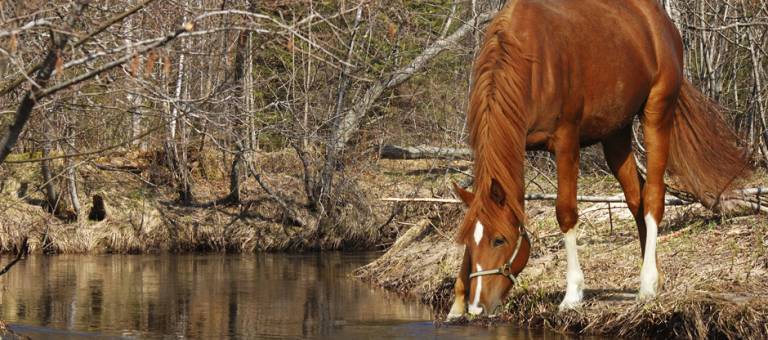
January 21, 2010
Nitrate and Nitrite Toxicity in Horses
Nitrate toxicity is uncommon in horses but can be an important problem in ruminants. Horses can be exposed to
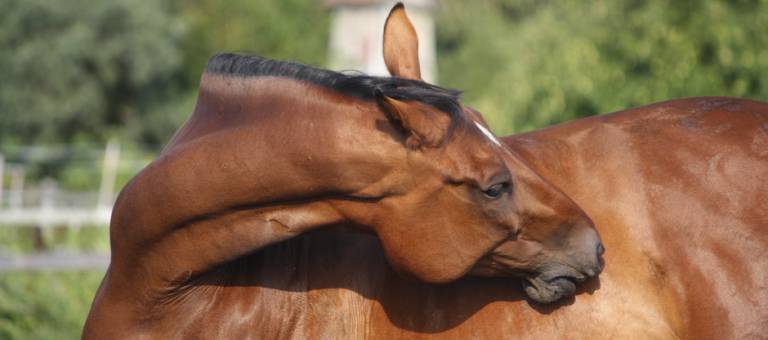
January 21, 2010
Large Intestinal Colic in Horses: Nutritional Considerations
One of the most severely painful and potentially devastating large intestinal problems is large colon volvulus (twist).
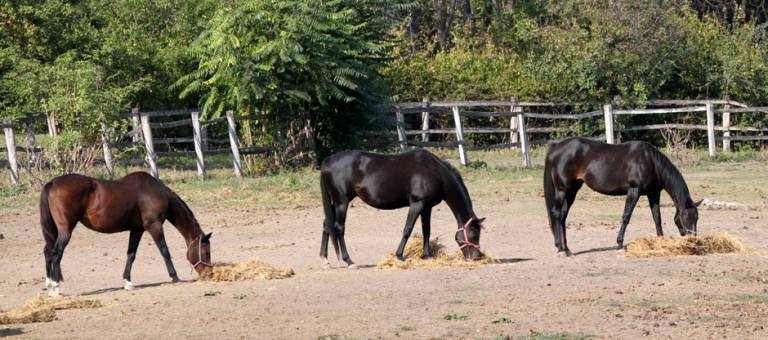
January 17, 2010
Botulism in Horses
Botulism is caused by toxins produced by the bacterium Clostridium botulinum. Three types of botulism are recognized in horses.
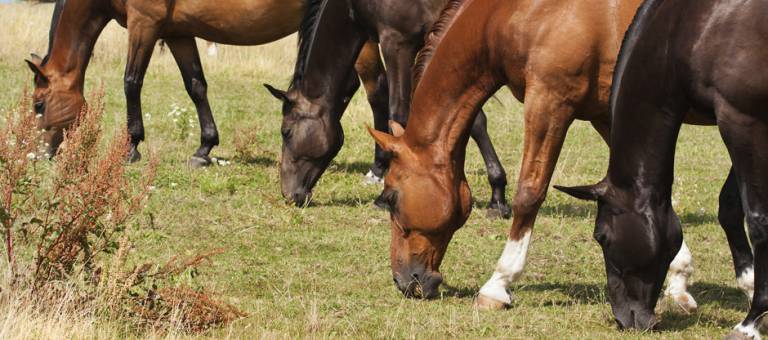
October 21, 2008
Handling Suspected Horse Poisoning
At the 53rd annual convention of the American Association of Equine Practitioners, R.G. Wright of the Ontario Ministry of
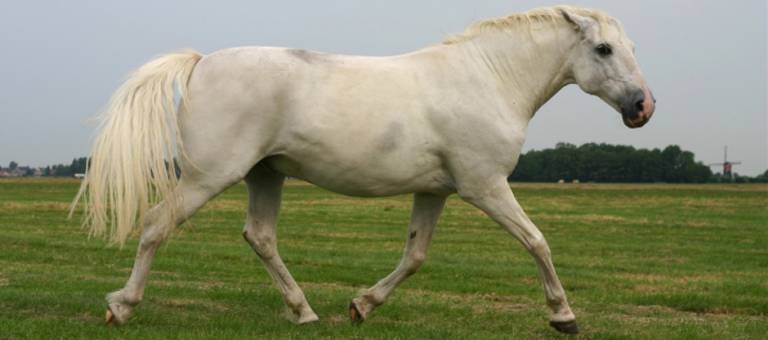
October 26, 2006
Equine Identification
As identification methods are developed for use in food animals, these techniques have also been applied to other species

November 05, 2005
Corn Sensitive to Fumonisin Infestation
Horse owners like to concoct homemade mixtures for their charges. Some owners occasionally resort to cutting or diluting a
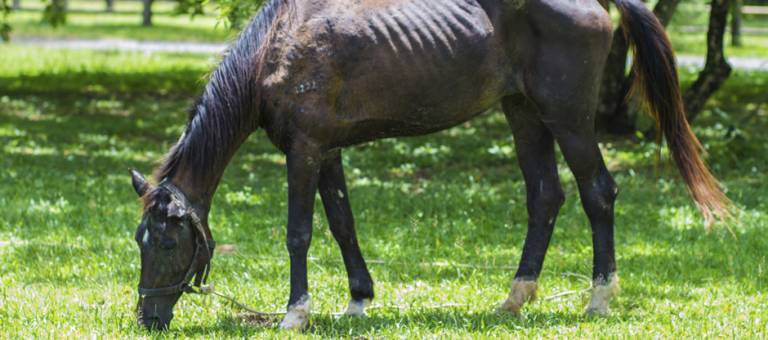
October 26, 2005
Refeeding the Starved Horse
Horses, like other animals, use the food they eat to meet the requirements of growth and maintenance. If a
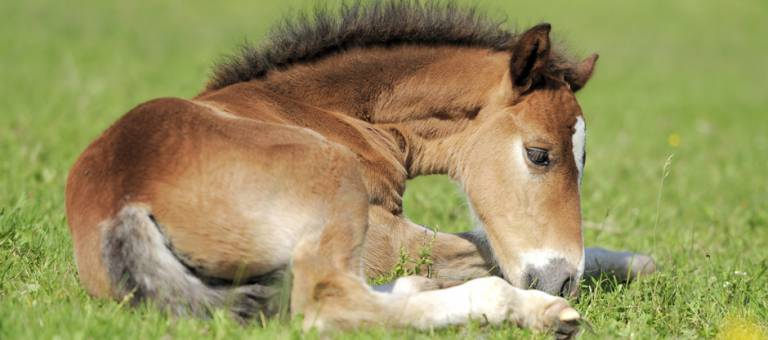
October 26, 2004
Oxygen Deprivation in Newborn Foals
Sometimes complications just before, during, or after birth in horses can result in a decreased oxygen supply to the
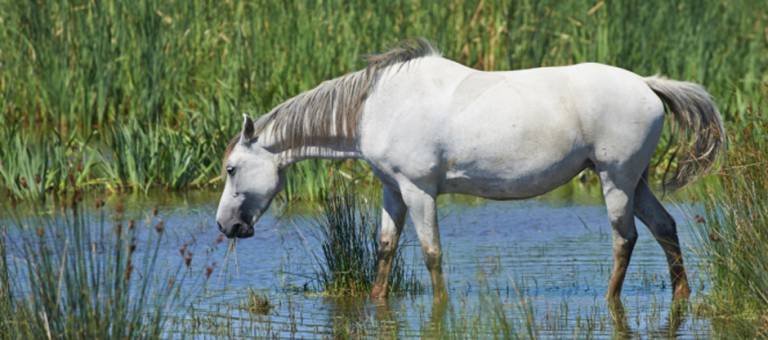
December 06, 2003
West Nile Virus and Mare Reproductive Loss Syndrome
Commercially available vaccines have been shown to be very effective for the prevention of West Nile virus infections and
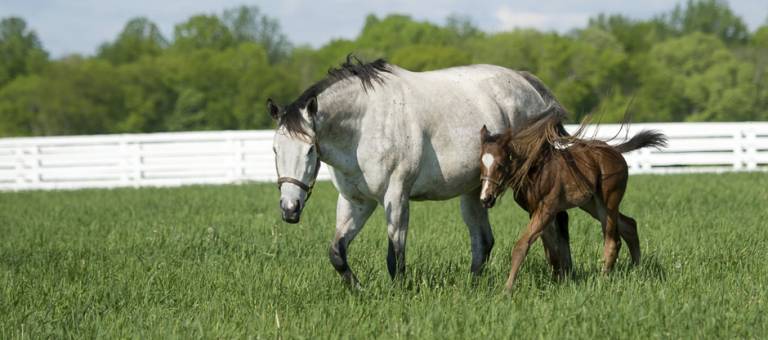
November 15, 2003
Nurse Mares Provide Crucial Service to Breeding Farms
Owners of nurse mares provide an indispensable service to the horse-breeding community. When foaling goes smoothly, the outcome is







